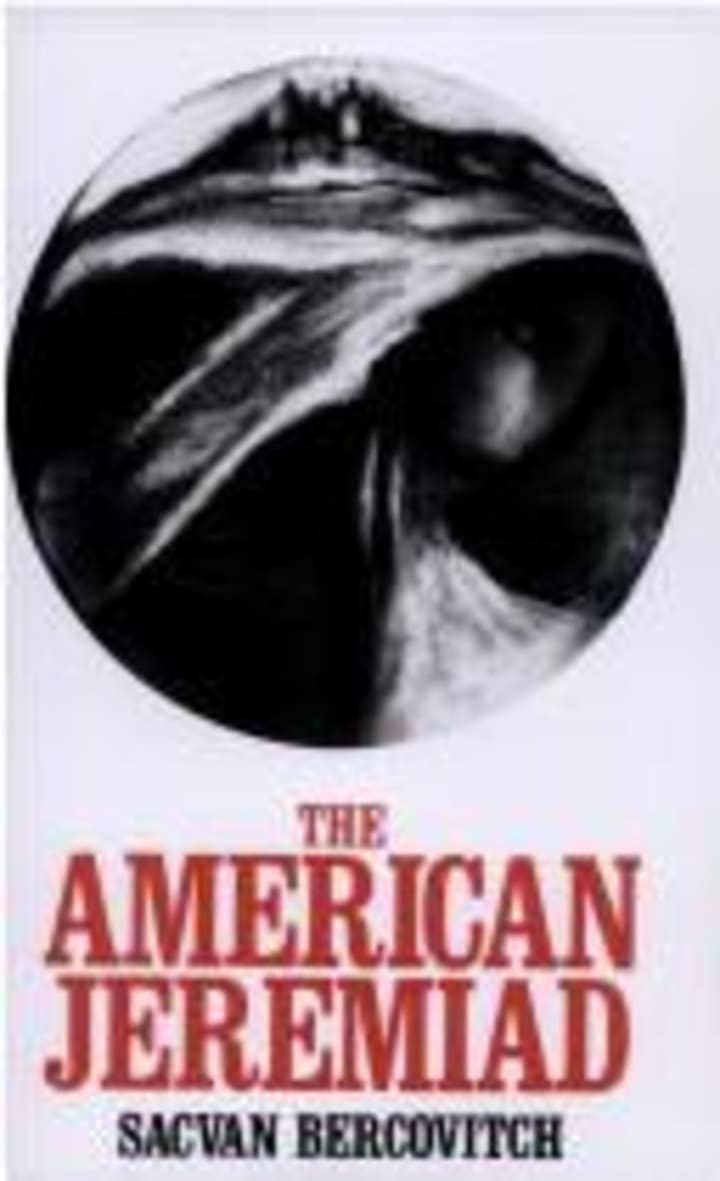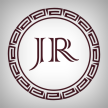Analyzing a Critique of American Culture and Values: the American Jeremiad
Originally written January 14th, 2018.

I had an interesting conversation with a former friend some time ago. I know that sometimes I can be hard to talk to. We got to talking about many things, but one of them I found most interesting: the viability of an "actual" revolution, as in a war, in the United States. I'm reminded of Martha Hutchinson, who wrote: “…The reason for the frequence of revolutionary terrorism is that it is an effective strategy; its benefits outweigh its costs.” (Hutchinson, 1972).
Neither he nor I want this to happen, of course, because compared to literally the most bloated military in the world, any people's defense army would have slim chance. Hutchinson is wrong in this sense, because the cost of a socialist revolution in America far outweighs the benefit. America would bring war no matter how peaceful we are, and we can't hope to win against the American military. This is why we cannot have an actual war in America, other methods are needed. But it brings me to an interesting analysis of America, the use of power, and my advocacy for the just, measured, and careful use of such power, if diplomacy fails to bring about the desired solution.
We all know that the prevailing attitude is that in American culture, most Americans view their nation largely as the one and only superpower. Aside from criticizing this as a meaningless vestige of outdated Cold War fearmongering, it's also an indicator of where America thinks it is in the world. America largely appears to view itself as "a city upon a hill", a biblical metaphor that is applied post-hoc to justify American exceptionalism, a vision of America as THE guiding light for the rest of the world. The question remains: why?
There are two prevailing philosophical interpretations about America's identity in the world: the Reluctant Sheriff and the American Jeremiad (these are not my ideas). The Reluctant Sheriff, coined by diplomat Richard Haas, refers to America as a bringer of law and order, but one who is reluctant to do so, due to the responsibility and weight of that power, and the struggle to understand how to use it justly and righteously. The Reluctant Sheriff takes up the mantle because nobody else can, and there's nobody else willing. The Reluctant Sheriff can be summed up by the idea, "I don't want to, but someone has to, and since there's nobody else, I guess it's me." The Reluctant Sheriff is also "multipolar", a view of international relations that says that there is no one ruler of the world, so the Sheriff cobbles together a posse to defend a town, understanding that the weight of such power needs to be shared, and that a certain level of democracy applied to the use of force is needed. We will all defend our town only if that's what we all agree to, in other words. The UN is an effort at a multipolar system, as was its predecessor, the League of Nations.
The American Jeremiad on the other hand, coined by William V. Spanos and Sacvan Bercovitch, feels no reluctance, priding himself on being the one and only bringer of "American" values of democracy, Christianity, law and order, and American exceptionalism as moral imperatives. The world is unipolar, according to the American Jeremiad, and there can be only one ruler of the world. Ordained by god to save the world, the American Jeremiad is a religious crusader, destroying evil in the name of righteousness, appointed to his position by divine mandate. Where the Reluctant Sheriff takes the job because nobody else can, the American Jeremiad believes they are ordained to do so, and that nobody else "deserves" the job but them, because nobody else was "chosen by god" to do it.
The American Jeremiad and the Reluctant Sheriff both have the same job, but do it completely differently. Where the American Jeremiad as a moral absolutist takes pride in their work, jumping at the chance to take up the mantle and justifying the job as a moral necessity, the Reluctant Sheriff is marked by a certain uncertainty, a hesitation borne out of trying to figure out what to do. They also differ in the way they mete out justice. The American Jeremiad believes wholeheartedly in "hard power", using no diplomacy but instead extreme force, and moralizes that extreme force after the fact, usually by saying that the ends justify the means.
The Reluctant Sheriff relies on soft power, preferring diplomacy first, and then using appropriate force to get the job done as a last resort. The Reluctant Sheriff is in a sense forced to kill, whereas the American Jeremiad does it gleefully, enjoying the brutality of force, because that force is given the "ok" stamp by god. The American Jeremiad is a god-ordained legal terrorist, Judge Dredd with a cross on his neck, a bible in one hand and a gun in the other. “The holy terrorist believes that only a transcendent purpose which fulfils the meaning of the universe can justify terror, and that the deity reveals at some early moment in time both the end and means and may even participate in the process as well.” (Rapoport, 1984).
This schism highlights, in my mind, the schizophrenic duality of American identity, as well as a moral choice. Do you use soft power judiciously using diplomacy, and mete out justice carefully like the Reluctant Sheriff, or do you go balls-to-the-wall, full brutality, "god says it's ok" hard power? You can see the dichotomy in America. The people use soft power, preferring protest to domestic terrorism. The government uses hard power, because their rule is law. The law courts mainly use soft power because they have to arrive at the truth of matters as fairly and judiciously as they can, while the military embodies hard power. They don't care why, they don't care how, they have orders, and they will follow those orders to the end.
America is not just a modern day empire, it's a schizophrenic one. When it comes to power, force and justice, I am very aware of the weight of it. Willow and I talk a lot about running for office in Canada. No matter which one of us actually would get into office, she and I both would embody the Reluctant Sheriff, and in my mind it's the better choice in many ways. What would you embody if you had power, and why? I can't help but imagine how different the US would be if it chose to be the Sheriff, instead of the Jeremiad.
Cited:
Hutchinson, M. (1972). The Concept of Revolutionary Terrorism. The Journal of Conflict Resolution, 16(3), 383-396. Retrieved from http://www.jstor.org/stable/173583.
Rapoport, D. (1984). Fear and Trembling: Terrorism in Three Religious Traditions. The American Political Science Review, 78(3), 658-677. doi:10.2307/1961835.
About the Creator
Johnny Ringo
Disabled, bisexual American socialist and political activist. Student of politics, aspiring journalist, and academic. Bachelor’s of Science in Criminal Justice.






Comments
There are no comments for this story
Be the first to respond and start the conversation.